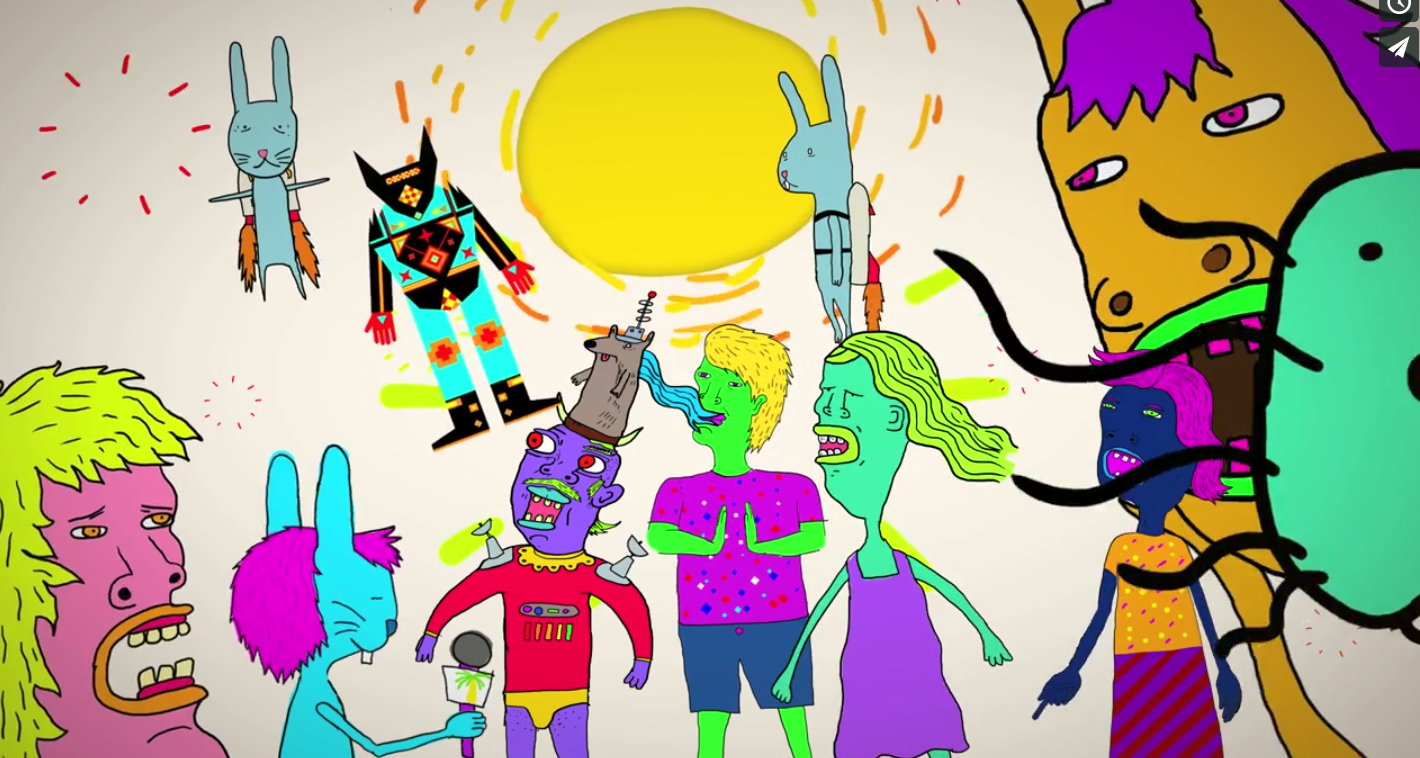
Refusing to unlearn a free and open Internet
Shazna Nessa is a John S. Knight Fellow at Stanford University and former deputy managing editor for editorial products and innovation for the Associated Press. Below, she writes about the theme of the first Knight News Challenge of 2014: How can we strengthen the Internet for free expression and innovation?
In a life dedicated to information and the flow of information, the Internet has been a litany of learning and unlearning, of raveling and unraveling.
The Internet gave me my wings. I was a teenager when I got a job at Cyberia, a cybercafe in Paris’s experimental cultural hub, the Pompidou Center. Cyberia was sleek but industrial, like a place you would go to visit in the film “Blade Runner.” Visitors from all over the world paraded through Cyberia for an espresso and rented Internet time, with me as their guide. The Americans rarely needed my help, competently checking their emails and surfing the Web. But it was new to many of the others, so I sat with them and showed them what the magic of the Internet was all about.

RELATED LINKS
“Towards a stronger Internet” by John Bracken and Chris Sopher on Knightblog.org
“Our future’s Internet strengthened today” by Jenny Toomey on KnightBlog.org
“A $2.75 million challenge to create a more open Internet” by Mark Surman on KnightBlog.org
“Creating safe spaces for innovation on the Internet” by Kwasi Asare
“Innovating to create comprehension of big data and the Internet” by Higinio O. Maycotte
“4 most common News Challenge questions answered” by John Bracken on KnightBlog.org
“Restoring equilibrium to the web” by Tyler Fisher on KnightBlog.org
Meanwhile my French friends, who had long used the Minitel service, rolled their eyes at my apparent naivete when I glowed optimistically about the new “global village” that was unfurling online.
I’m not a teenager anymore and have a steelier approach to globalization today, both the good and the bad. But how I feel about the Internet hasn’t changed: The Internet needs to be open.
I went on to work for what was then a small and scrappy tech startup near City Hall, called Easynet. It was an Internet service provider, and among other things, I stingily managed our batch of assigned IP addresses to the geeks who wanted to run servers from their bedrooms. How far we’ve come!
Later, I spent many years at the Associated Press, a venerable wire service that distributes and informs so much of the news and information we see today. As with all journalism, the gathering and the distribution of that information are vital for an informed public and democratic participation. While the Internet was able to push information beyond the geographic confines of a newspaper, it also pushed news organizations to unlearn what they knew about distributing and monetizing products; many of them were unable to stay afloat. In the Internet era, how do we sustain the expensive work of newsgathering? We have to unlearn what we know and start again.
Tim Berners-Lee talks about re-decentralizing the Web so it stays open for everyone. At the same time the number of governments controlling and censoring the Internet is growing at an alarming rate. Orwellian “memory holes” are being enforced, with “inconvenient” information just disappearing. Some governments, infuriated by U.S. and British surveillance, are calling for measures that would Balkanize the Internet. Should we punish the Internet for the bad behavior of governments?
To borrow from John Perry Barlow’s 1996 declaration, in cyberspace there’s much to unlearn about how we do things in the physical world, particularly the “legal concepts of property, expression, identity, movement… They are all based on matter, and there is no matter here.”
This News Challenge is timely because all of these issues need more urgent and wider discourse. I look forward to hearing about innovation ideas on how to strengthen the Internet, with more thought around privacy protection, curbing Internet monopolies and government surveillance. I hope to hear discussion around the “walled garden” app ecosystem, patent law and terms-of-service transparence. We should think big: If Internet infrastructure needs radical change, then let’s start now. The Internet gives power to people, and civil liberties depend on it.
And while there’s so much new learning to be done, there’s something we should refuse to unlearn, and that’s a free and open Internet.
In June, Knight Foundation will award $2.75 million, including $250,000 from the Ford Foundation, to support the most compelling ideas around the News Challenge question: How can we strengthen the Internet for free expression and innovation? To submit an application or to provide feedback on other entries, visit newschallenge.org. The deadline is 5 p.m. ET on March 18.
Recent Content
-
Journalismarticle ·
-
Journalismarticle ·
-
Journalismarticle ·


